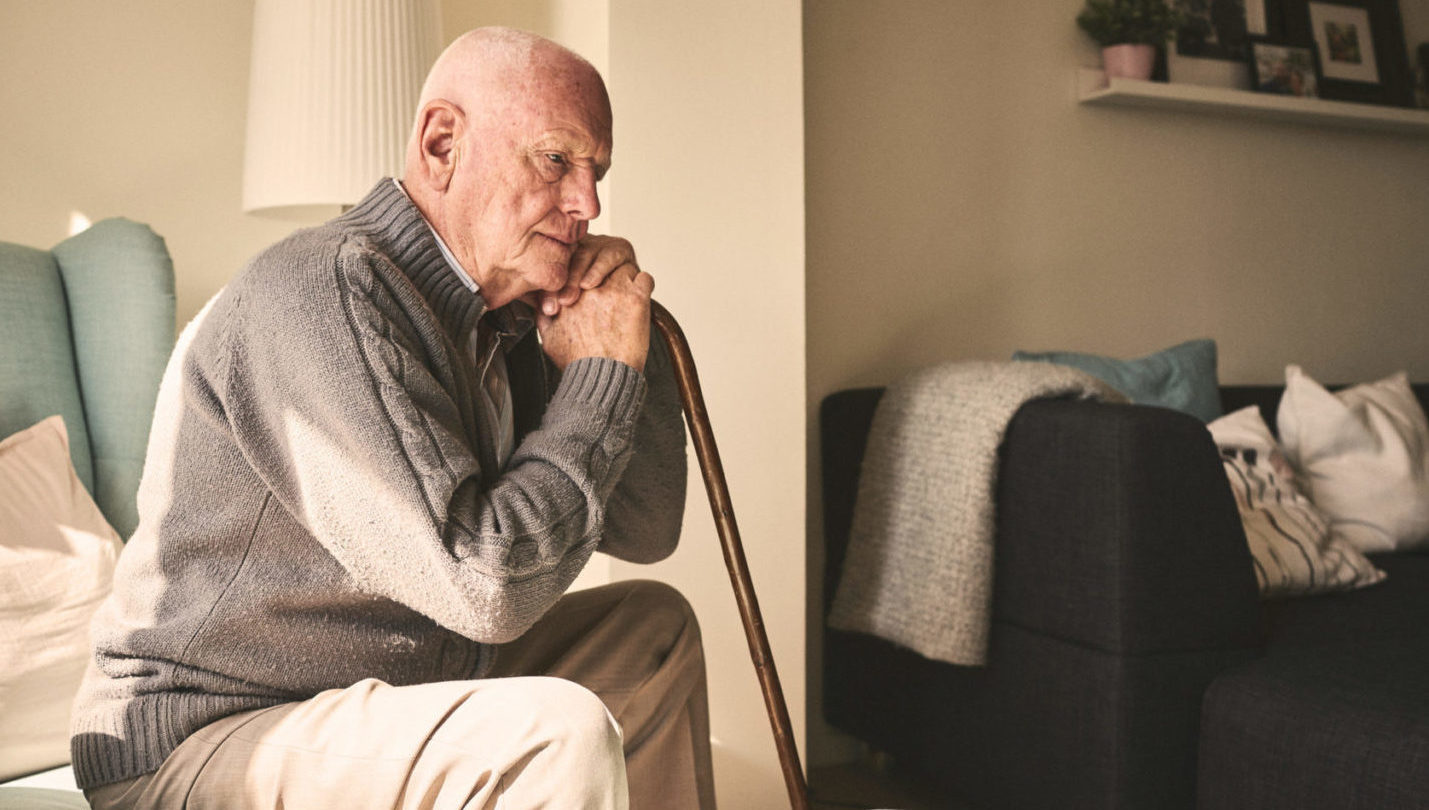New research reveals that targeted mental and physical health interventions could be key to preventing loneliness among older adults living in retirement communities, highlighting that proximity to peers alone may not prevent loneliness in older adults.
The study, published in BMC Geriatrics and conducted by researchers from Bolton Clarke Research Institute and Monash University, surveyed 1,178 residents across 24 retirement villages in Australia. Nearly 1 in 5 residents experienced loneliness, according to the findings.
“One of the key reasons people choose to move to retirement communities is the desire for increased social connection and the mitigation of loneliness,” said lead author Georgina Johnstone, research officer, Bolton Clarke Research Institute. However, the study found that physical and mental health challenges can significantly affect residents’ ability to form meaningful connections.
Key risk factors for loneliness included pain, memory issues, recent falls and hospitalizations. People living alone were nearly three times more likely to be lonely. More than half of those who reported loneliness also had memory problems or dementia. Residents who had been in the communities less than one year had nearly double the odds of experiencing loneliness compared to those who had lived there longer — a finding that researchers say highlights the need for additional support during the transition period.
The study suggests that retirement communities could address loneliness through holistic health programs targeting falls prevention, cognitive health and pain management. “Targeted, holistic interventions are critical, particularly as the emphasis grows on retirement living communities to support positive ageing,” Johnstone noted.
Co-author Judy Lowthian, PhD, adjunct professor, Monash University’s School of Public Health and Preventive Medicine, emphasized the broader implications: “Loneliness affects up to one in four older Australians. Understanding risk factors enables us to implement targeted programs supporting social connection and optimizing health in a holistic way.”
